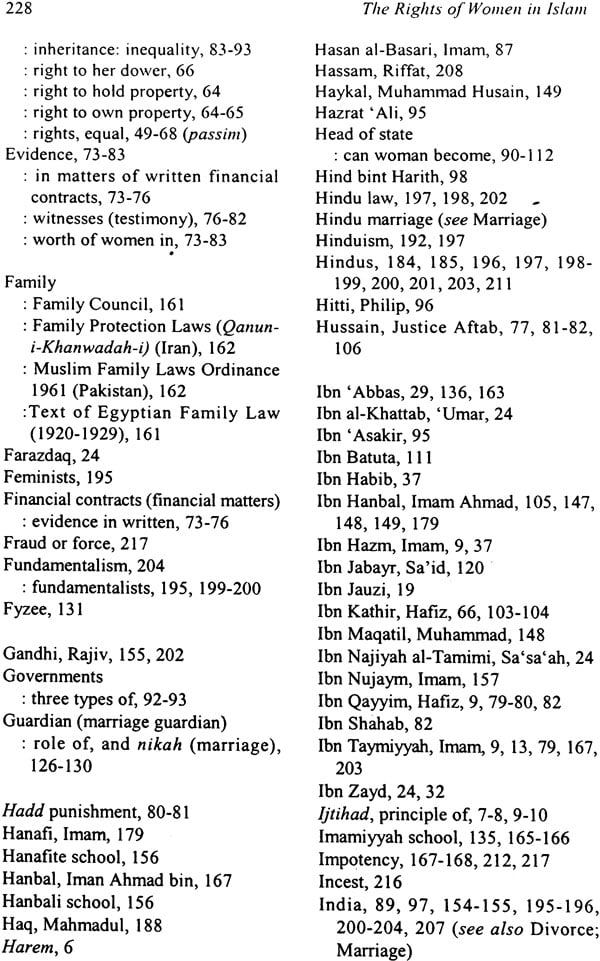
That is to say, she is conscious of-and likewise calls her readers to be attuned to-the role played by power in the construction of interpretive knowledge. Barlas’s hermeneutic privileges the text without being strictly textualist. In the process, she critiques both those within her tradition who hold to fixed patriarchal or authoritarian readings of scripture and those outside of her tradition who believe that her efforts are futile.

The intervention she makes is thus as useful to those studying the Quran (and scriptural interpretation more broadly) in the western academy as it is to Muslims searching for renewed ways to interpret their Divine Scripture in a more egalitarian spirit.īarlas cogently argues that just as patriarchy is read into the text, it can also be unread, and provides a methodology by which this can be done. Despite these flaws, this book is loaded with interesting facts about Islam that may even surprise Muslims.In this revised edition of her classic and groundbreaking work, Believing Women in Islam: Unreading Patriarchal Interpretations of the Qur’an (University of Texas Press, 2019), Asma Barlas demonstrates how a Muslim believer can fully adopt an antipatriarchal reading of the Qur’anic text while maintaining belief in its Divine Providence. The opening chapter is bogged down in such quoting, and also in excessive worrying over her critics on either side of the debate. Barlas quotes from a smorgasbord of Islamic scholars, resulting at times in a choppy read that drowns out her own more appealing voice. Barlas's thesis is irresistible: the Qur'an itself has a very positive view of women whereas patriarchal culture caused the various interpreters of the Qur'an to read their own biases into the text to justify the oppression of women. Some flawed traditions, along with mistranslations, ingrained patriarchy into Qur'anic interpretation, in spite of obvious Qur'anic injunctions to the contrary. Barlas argues that a military-scholarly complex manipulated the Qur'an to establish these traditions in a successful effort to preserve the position of the military rulers and clerics of early Islamic history-with women's status being the victim.

Or sayings attributed to Muhammad and the shariah,

Or the traditions of the Prophet Muhammad, the founder of Islam the hadiths, Persuaded that Islam is a religion of egalitarianism, Barlas is equally clear that misogyny and patriarchy have seeped into Islamic practice through "traditions": the sunna, Barlas, associate professor and chair of politics at Ithaca College, offers a comprehensive revisionist treatment of how the Qur'an actually views women-as equal and even superior to men.


 0 kommentar(er)
0 kommentar(er)
